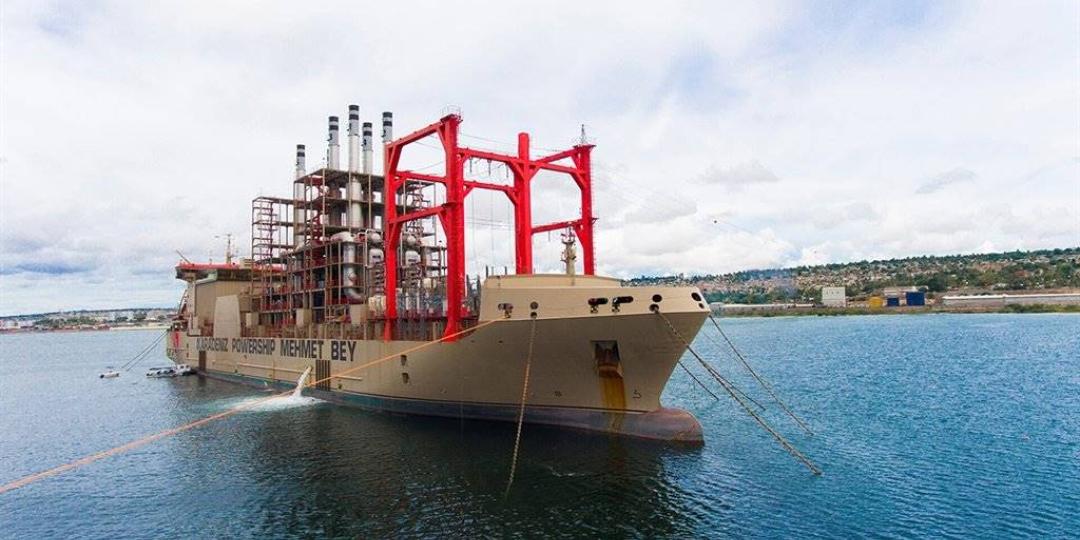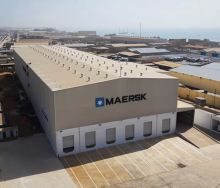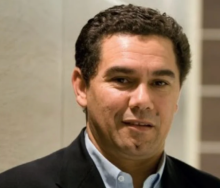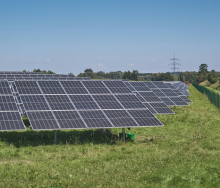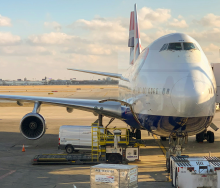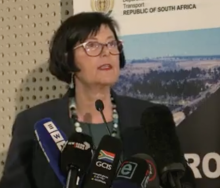The Organisation Undoing Tax Abuse (Outa) has disclosed that using power ships to improve load shedding could cost the country R500 billion.
The Turkish company, Karpowership, has faced many legal and environmental objections; however, the chances have improved.
In 2021, in the government's emergency power procurement programme, Karpowership won preferential bidder status.
It was supposed to provide about 1 220 megawatts of electricity to South Africa through three power ships anchored in Coega, Richards Bay, and Saldanha Bay in 2022.
Yet, it has faced many obstacles since winning the bid, including a lawsuit from a potential competitor bidder who questioned irregularities in the tender process.
The company also received opposition from the Department of Forestry, Fisheries, and the Environment, as it required environmental exemptions due to the national state of disaster.
The company recently received good news in all three locations where their ships are meant to be anchored:
- In Coega, the Department of Transport issued a Section 79 directive to Transnet forcing them to find other harbour space after Karpowership's anchorage was rejected due to a contestation of space.
- In Richards Bay, the Department for Forestry, Fisheries, and the Environment (DFFE) permitted a resubmission of Karpowership's exemption as the coast was contested by a competitor who wanted to use the port.
- In Saldanha Bay, the DFFE dismissed a complaint submitted by a non-profit against intentions to anchor. Karpowership is awaiting a pardon to resubmit documents for the site.
However, the Karpowership deal is not yet in the clear, as Outa is currently in court opposing the National Energy Regulator of South Africa's (Nersa) decision to approve their license to generate before environmental approvals have been secured.
"You'd think that Nersa would be on the public's side, but they aren’t. There seems to be something seriously wrong here," said Outa's chief executive officer, Wayne Dunvenage, in an interview with Radio 702.
Additionally, the Democratic Alliance is opposing the 20-year contract, recommending a five-year contract instead, which can be renewed upon demand. Karpowership said that it would not have opposed a short-term contract as they currently have other short-term contracts and have remained flexible with contract terms.
Duvenage notes that if South Africa has secured a short-term contract, the variable and setup costs would have pushed the price up beyond affordability.
Although it has already done so to some extent, Duvenage pointed out that although the original bid amounted to R220 billion in 2021, the price after recent approval has likely surged.
"That was pre-Ukraine war. The gas price has shot up; the rand has weakened again," Duvenage said. "We are talking about R500 billion for the 20 years. That is their pricing on a 20-year contract."
For reference, this amount supersedes Eskom's mountain of debt, and funding will likely come from higher electricity tariffs or possibly from taxpayers.
